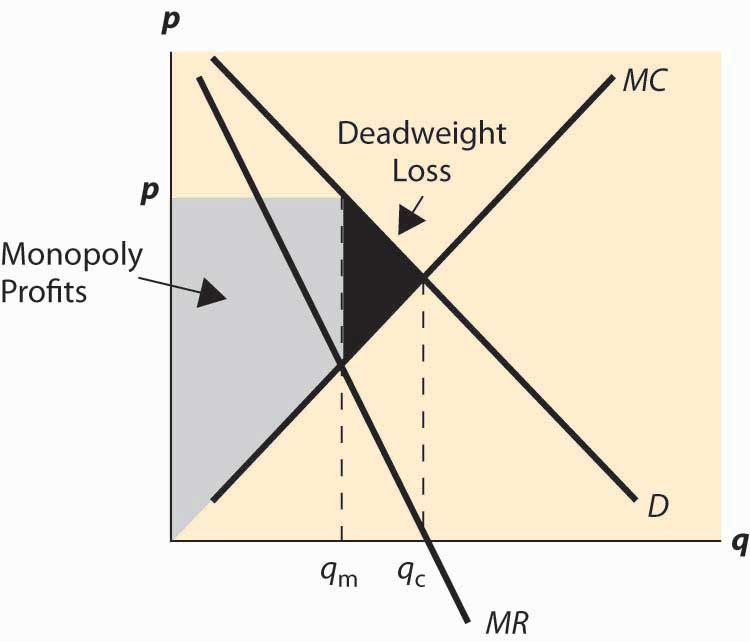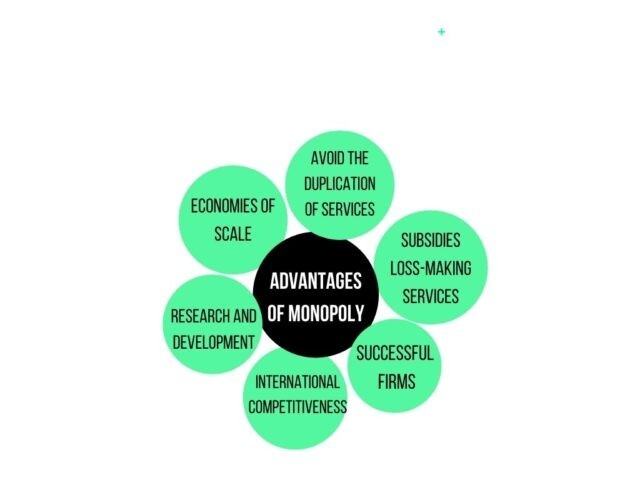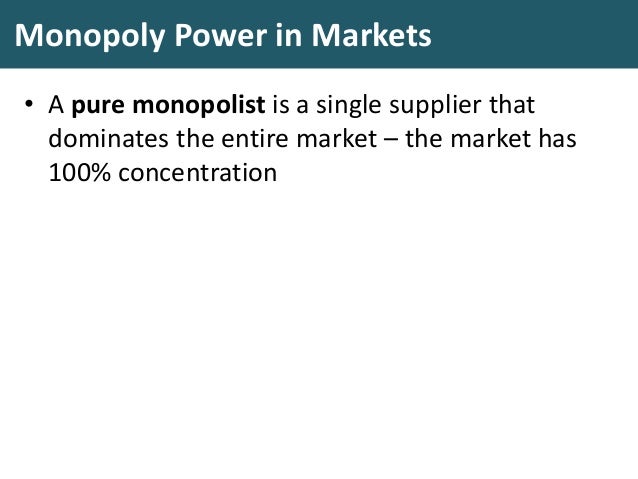
This market structure exists when there are multiple sellers who attempt to seem different from one another. quality of products may differentiate) and hence they are not perfect substitutes.
#Different types of monopoly economics free
Perfect competition, refers to a type of market where there are many buyers and seller that feature free barriers to entry, dealing with homogeneous products with no differentiation, where the price is fixed by the market.Market structure has been apparent throughout history due to its natural influence it has on markets, this can be based on the different contributing factors that market up each type of market structure.īased on the factors that decide the structure of the market, the main forms of market structure are as follows: Both types of market structure have been in historical evidence throughout the twentieth century and twenty-first century. Adam Smith in his writing on economics stressed the importance of laissez-faire principles outlining the operation of the market in the absence of dominant political mechanisms of control, while Karl Marx discussed the working of the market in the presence of a controlled economy sometimes referred to as a command economy in the literature.

Market structure has been a topic of discussion for many economists like Adam Smith and Karl Marx who have strong conflicting viewpoints on how the market operates in presence of political influence. These relationships are the market competition and monopoly relationships reflected in economics. The relationship between the buyer and seller of the market and the buyer and seller entering the market.

The relationship between buyers and sellers as the main body of the market includes three situations: the relationship between sellers (enterprises and enterprises), the relationship between buyers (enterprises or consumers) and the relationship between buyers and sellers.

Market definition is an important issue for regulators facing changes in market structure, which needs to be determined.

Suppliers and Demanders (sellers and buyers) will aim to find a price that both parties can accept creating a equilibrium quantity. The market structure determines the price formation method of the market. Both parties are equal and indispensable. The main body of the market is composed of suppliers and demanders. Market structure makes it easier to understand the characteristics of diverse markets. Market structure, in economics, depicts how firms are differentiated and categorised based on the types of goods they sell (homogeneous/heterogeneous) and how their operations are affected by external factors and elements.


 0 kommentar(er)
0 kommentar(er)
